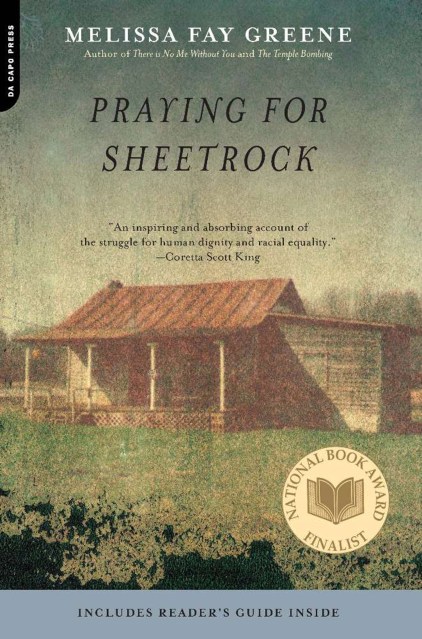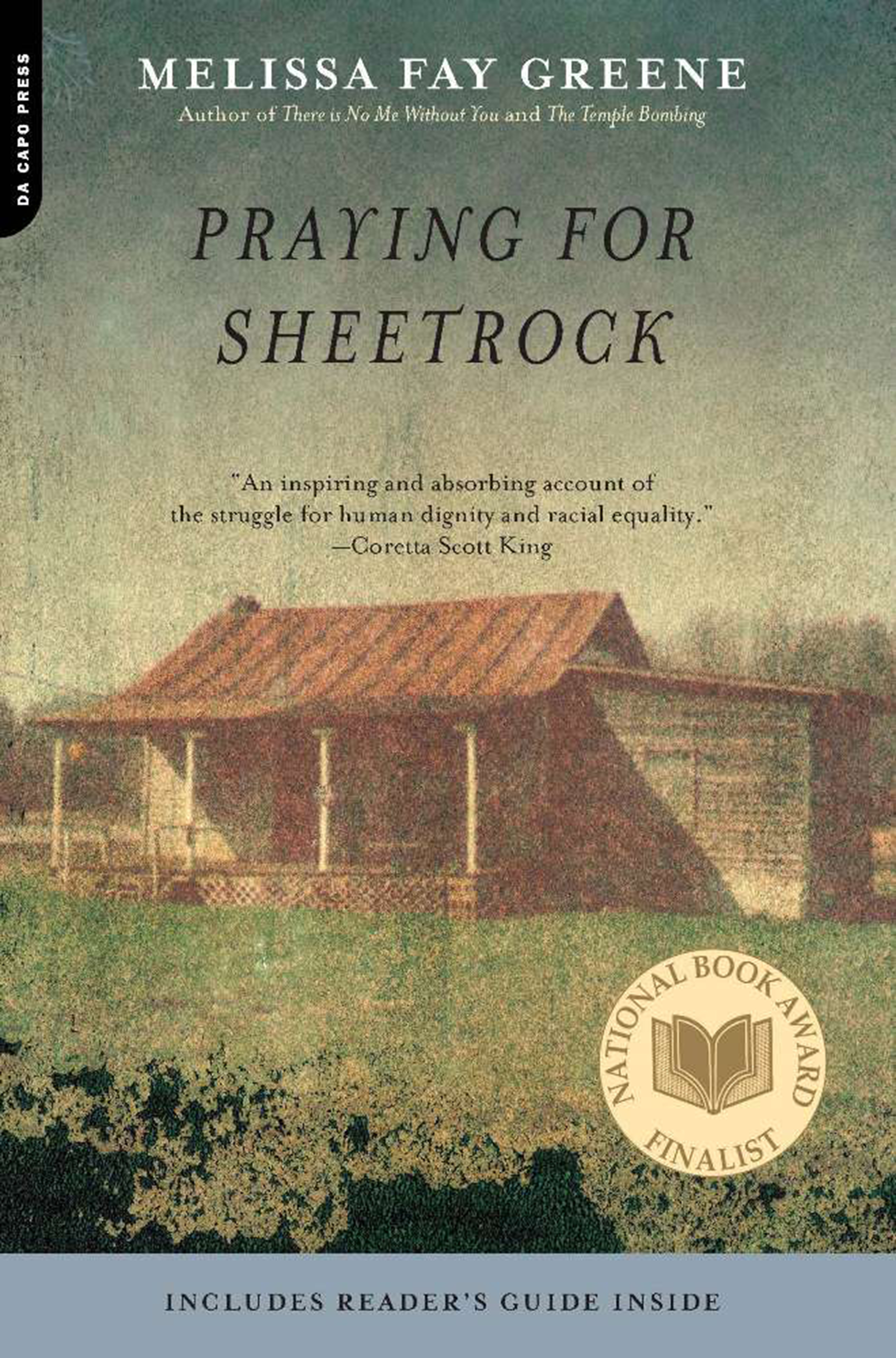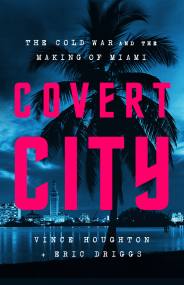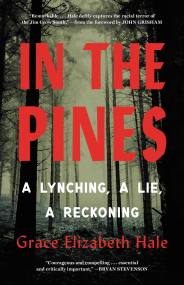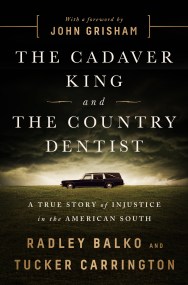Promotion
Use code MOM24 for 20% off site wide + free shipping over $45
Praying for Sheetrock
A Work of Nonfiction
Contributors
Formats and Prices
Price
$11.99Price
$14.99 CADFormat
Format:
- ebook $11.99 $14.99 CAD
- Trade Paperback $19.99 $25.99 CAD
This item is a preorder. Your payment method will be charged immediately, and the product is expected to ship on or around September 15, 2015. This date is subject to change due to shipping delays beyond our control.
Also available from:
Finalist for the 1991 National Book Award and a New York Times Notable book, Praying for Sheetrock is the story of McIntosh County, a small, isolated, and lovely place on the flowery coast of Georgia–and a county where, in the 1970s, the white sheriff still wielded all the power, controlling everything and everybody. Somehow the sweeping changes of the civil rights movement managed to bypass McIntosh entirely. It took one uneducated, unemployed black man, Thurnell Alston, to challenge the sheriff and his courthouse gang–and to change the way of life in this community forever. “An inspiring and absorbing account of the struggle for human dignity and racial equality” (Coretta Scott King)
Genre:
- On Sale
- Sep 15, 2015
- Page Count
- 368 pages
- Publisher
- Da Capo Press
- ISBN-13
- 9780306824951
Newsletter Signup
By clicking ‘Sign Up,’ I acknowledge that I have read and agree to Hachette Book Group’s Privacy Policy and Terms of Use
